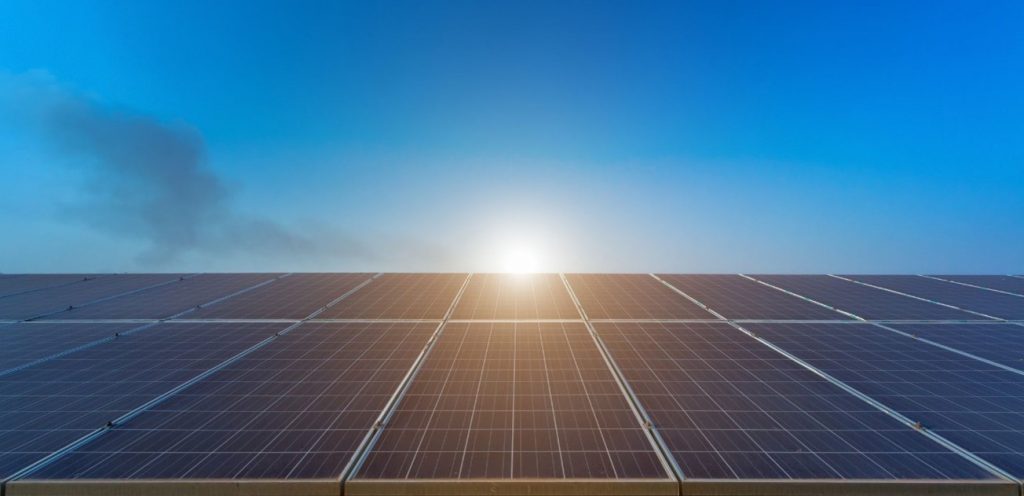As time is running out quicker than ever to get a sustainable renewable energy source, scientist look to solar. Here at Roofing Matters Solar, we’re an independent, family-run business with an expert team that’s been building, maintaining and repairing roofs for 10 years.
As we turn our attention to the climate crisis, and providing affordable solar power, you can rest assured we have the knowledge and skills to install panels quickly, efficiently, safely and cost effectively.
What is solar energy and how does it work?
Solar energy uses the sun’s light and heat to generate renewable energy. The total amount of solar energy gathered on Earth is vastly in excess of the world’s current energy requirements. If suitably harnessed, source has the potential to satisfy all future energy needs.

Can solar power be generated on a cloudy day?
The UK may not seem the best country for generating energy from the sun, but solar power only requires some level of daylight in order to harness the sun’s energy. That said, the rate at which solar panels generate electricity does vary depending on the amount of direct sunlight and the quality, size, number and location of panels in use.
What environmental benefits does solar have?
Carbon dioxide has a substantial impact on climate change, which is absorbed by the atmosphere and stays in it for decades while radiating heat toward the earth, continuously warming the planet.
Climate change has numerous negative effects on public health. It makes it easier for infectious diseases to spread, increases droughts, and worsens natural disasters. We can help diminish these threats by switching to solar energy.
Generating electricity from PV panels prevents air pollution since they don’t rely on fuel that emits carbon dioxide. Using renewable energy sources will ultimately displace non-renewable sources that burn carbon dioxide, preventing the use of coal and oil that send heavy emissions into the atmosphere.
Ground Pollution
Non-renewable energy sources damage the ground in several ways. Oil often spills into soil, harming plants and animals and fracking for natural gas damages habitats and several layers of the earth.
Nuclear power doesn’t contribute to carbon dioxide levels in the atmosphere, but the radioactive materials used in nuclear power plants can pollute the ground. They often render areas inhospitable and cause radiation poisoning in people.
Solar panels are not significant contributors to ground pollution. And any rain that washes off of PV panels will not draw their materials into the earth.
It’s true that PV panels contain lead and materials that can be dangerous. But the average lifespan of solar panels is 25 years, so their threat is small. You can also recycle your panels when or if they deteriorate.
Air Pollution
The World Health Organization estimates that 4.2 million people die prematurely due to outdoor air pollution every year. A major cause of air pollution is the burning of oil, which contains several harmful chemicals that have carcinogenic effects.
Coal isn’t much better as it contains chemicals such as sulphur dioxide that can damage your lungs when inhaled. Coal particulates usually contain small pieces of metal and will impact your organs when they enter your bloodstream.
Air pollutants also have dangerous effects on eyes and can cause both short and long term damage to your vision. Fortunately, solar panels don’t pollute the air at all.
Conclusion
We understand that starting your solar journey may seem daunting, but we’re with you every step of the way. From understanding your unique needs to recommending and installing the best PV panels for your home, we’ll make it easy for you to get set up and get going.
You can get in contact with Solar Matters Group here, and they will arrange a free, no obligation visit.





